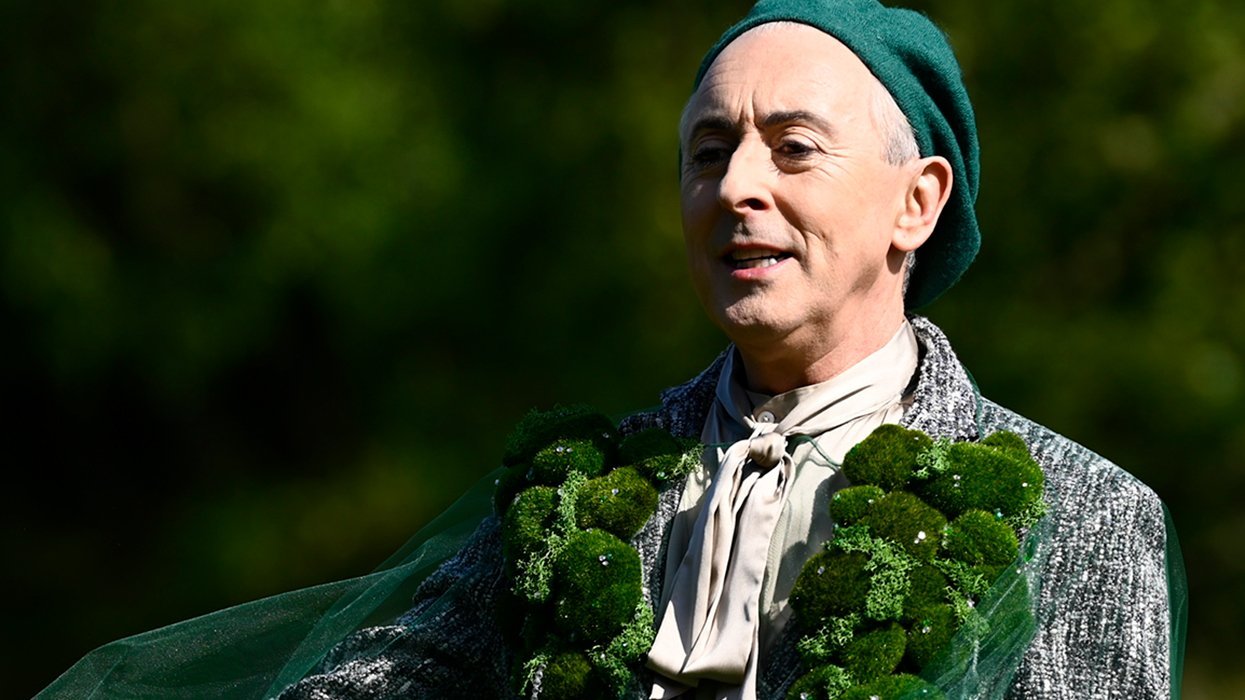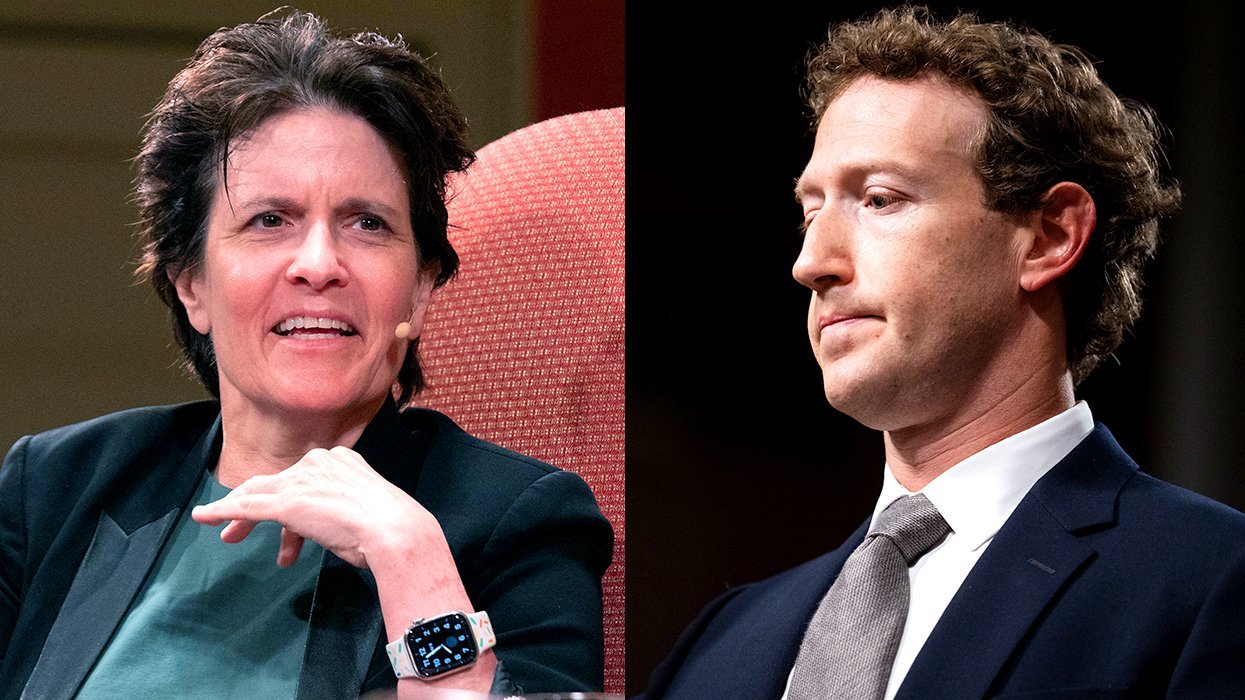Dr. Robert Spitzer, a psychiatrist who was one of the leaders in establishing universal standards to describe mental disorders and helped remove homosexuality from the list of pathologies, died on Friday in Seattle at the age of 83, reports the Associated Press.
According to his wife, Columbia University Professor Emerita Janet Williams, Dr. Spitzer died of heart problems.
Throughout his career, Dr. Spitzer worked on several editions of the Diagnostic and Statistical Manual of Mental Disorders (D.S.M.), including the DSM-III, which he worked on with Williams. His work helped all in the profession agree on what they were seeing by defining all of the major disorders, which was a major breakthrough in the profession.
"Rather than just appealing to authority, the authority of Freud, the appeal was: Are there studies? What evidence is there?" Dr. Spitzer told the New Yorker magazine in 2005. "The people I appointed had all made a commitment to be guided by data."
His "commitment to be guided by data" led Dr. Spitzer to believe that homosexuality should be removed from the list of mental disorders in the D.S.M. in 1973. It's a conclusion he came to after meeting with gay activists and determined their sexuality couldn't be a disorder because they were comfortable with it.
Though there was a fierce debate between members of the psychiatric profession over the designation of homosexuality at the time, Dr. Spitzer continued to press forward and reiterate his findings. "A medical disorder either had to be associated with subjective distress -- pain -- or general impairment in social function," he told the Washington Post.
His reputation was marred 30 years later when he later conducted a study in which he interviewed 200 people who had undergone "ex-gay" therapy and claimed that the conversion "therapy" worked. He was criticized by his peers and LGBT activists. Then, in 2012, he wrote an apology:
"I believe I owe the gay community an apology for my study making unproven claims of the efficacy of reparative therapy," Spitzer wrote. "I also apologize to any gay person who wasted time and energy undergoing some form of reparative therapy because they believed that I had proven that reparative therapy works with some 'highly motivated' individuals."
Despite this black spot, Spitzer's work is believed by many to have aided in the advancement of gay rights, including Dr. Jack Drescher, a gay psychoanalyst in New York who tells the Times, "The fact that gay marriage is allowed today is in part owed to Bob Spitzer."




















































































Beware of the Straightors: 'The Traitors' bros vs. the women and gays